Modi government’s PR failure in Myanmar
The government's media rhetoric and aggrandisement is doing more harm than good to its reputation. It seems intent upon proving right the age-old adage, pride goes before a fall.
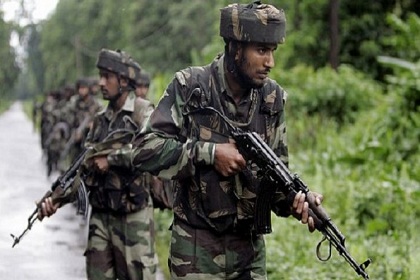 Courtesy: Inquisitr.com
Courtesy: Inquisitr.com
The government's media rhetoric and aggrandisement is doing more harm than good to its reputation. It seems intent upon proving right the age-old adage, pride goes before a fall.
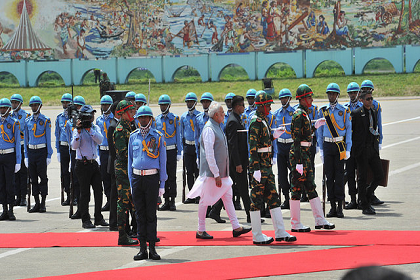 Courtesy: Ministry of External Affair, Flickr
Courtesy: Ministry of External Affair, Flickr
Prime Minister Narendra Modi’s completion of the South Asia circuit demonstrates the importance of the neighbourhood in his government’s foreign policy. The improved perception of India in the neighbourhood, especially in Bangladesh and Sri Lanka, is a positive, but the neighbours must recognise that India’s federal structure makes decision-making slower and more difficult on issues that affect neighbouring Indian states like West Bengal and Tamil Nadu.
 Courtesy: Wikimedia commons
Courtesy: Wikimedia commons
China's belligerence in the South China Sea is causing anxiety in India. India needs to strengthen its stance on the situation to maintain preponderance in the region which holds great significance to its trade.
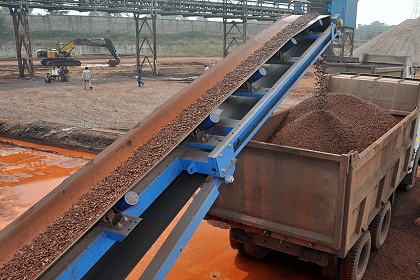 Courtesy: Peter Craven/Wikipedia
Courtesy: Peter Craven/Wikipedia
A distinguished Chinese scholar, speaking at a BRICS forum in Moscow recently, ascribed the growing India-China trade deficit to India’s ban on iron exports. While this contention is partially true, the data does not validate this argument, and nor does his view account for the other reasons for the deficit
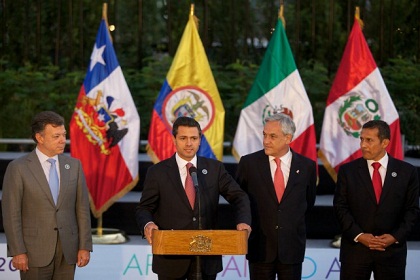 Courtesy: www.info7.com
Courtesy: www.info7.com
The Pacific Alliance—Mexico, Colombia, Peru and Chile—is one of the newest and most vibrant regional groupings in Latin American. Apart from the liberal foreign trade policies of these countries, they also have higher growth and lower inflation rates than their neighbours. India’s trade with the grouping has been growing, and as an observer member of the bloc, there is scope for much deeper engagement.
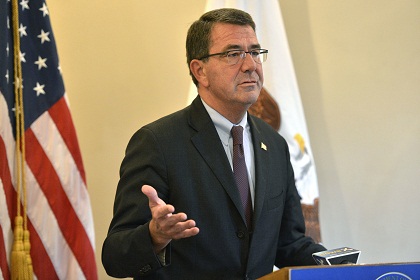 Courtesy: Wikimedia Commons
Courtesy: Wikimedia Commons
The visit of U.S. Defence Secretary Carter will help cement trust and expand the scope of India-U.S. defence cooperation. However, there are several important details around technology transfer that still need to be worked out before co-production of weapons can begin.
 Courtesy: Wikipedia
Courtesy: Wikipedia
The price of petroleum has risen by almost 40% since February 2015 because of geopolitical tensions. This spike underlines the need for India to hedge its energy imports using a mix of financial markets and asset purchases
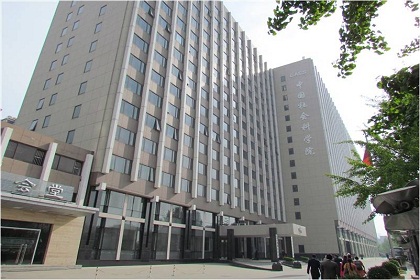 Courtesy: Sameer Patil
Courtesy: Sameer Patil
A recent visit by Gateway House researchers to various think tanks in Beijing and Shanghai offered a glimpse of China’s efforts to establish a “think tank culture”. The government hopes this will create a research base for policy analysis and project the country’s power globally, but for now the thinks tanks face many challenges, such as intellectual autonomy, language, and using resources optimally
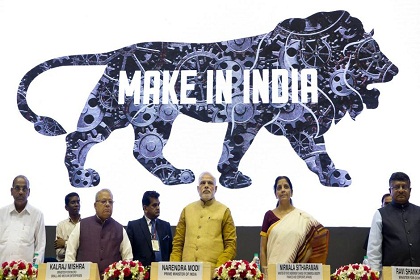 Courtesy: Wikipedia
Courtesy: Wikipedia
On the occasion of the BJP government’s one-year anniversary, Neelam Deo, director, Gateway House, delivered a series of lectures across the U.S., analysing Modi’s foreign policy. His energetic style, she said, has created several milestones—including a revival of relations with the U.S. and Russia, and a new approach to China and to India’s neighbourhood—that can cumulatively transform India’s growth trajectory. This is an abridged version of her lecture:
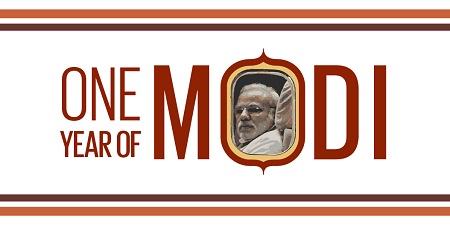 Courtesy: Debarpan Das
Courtesy: Debarpan Das
As Prime Minister Narendra Modi's first year in office reaches a close, we compiled a month-by-month review of Modi's diplomatic calendar, including foreign trips and incoming visits